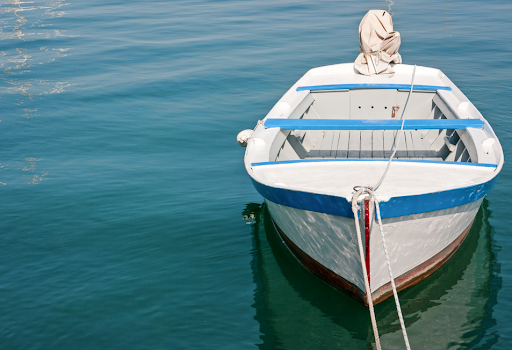Understanding Towing Regulations for Boaters
Boating enthusiasts understand the freedom and exhilaration that comes with navigating the open waters. However, along with this enjoyment, boaters must navigate a maze of legalities, especially when it comes to towing regulations. Being aware of these regulations not only ensures a safe experience but also prevents potential legal entanglements. Let's delve into some crucial aspects every boater should know. Our Tampa boat towing service provides guidance and assistance to ensure boaters comply with all necessary legal requirements.
Know Your Boat's Towing Capacity
One of the primary considerations for any boater is understanding their vessel's towing capacity. Exceeding this limit can be unsafe and might also violate legal restrictions. Every boat comes with a manufacturer's towing capacity recommendation, and adhering to it is vital for safe towing operations.
Trailer Lighting and Safety Standards
Ensuring proper trailer lighting is a critical aspect of towing regulations. Boaters must have functioning brake lights, turn signals, and reflectors on their trailers to comply with safety standards. Regular inspection and maintenance of these lights are imperative to avoid accidents and legal consequences.
Secure Your Load
Properly securing your load is not just a safety measure; it's also a legal requirement. Before hitting the water, boaters must double-check that their cargo is securely fastened to the trailer. Loose items not only pose a risk on the road but can also lead to citations or fines from authorities.
License and Registration
Boat trailers, like vehicles, require proper licensing and registration. Ensuring your trailer has the necessary tags and is registered according to local regulations is crucial. Failure to comply with these requirements might result in penalties and legal repercussions.
Speed Limits and Road Rules
When towing a boat, boaters must adhere to specific speed limits and road rules. These limits may vary based on location and are essential to prevent accidents and ensure the safety of other motorists. Understanding and following these rules is crucial to avoid fines and potential accidents.
Environmental Considerations
Beyond legalities, responsible boaters must also consider the environmental impact of their activities. Adhering to no-wake zones, properly disposing of waste, and avoiding areas with sensitive ecosystems are crucial practices. Violating these regulations not only results in legal consequences but also harms the environment.
Importance of Insurance
Boaters often overlook the significance of proper insurance coverage for their vessels and trailers. Accidents on the water or while towing can lead to significant financial liabilities. Adequate insurance coverage safeguards against such risks and ensures peace of mind during boating adventures.
Flagship Towing: Your Guide to Compliance
Flagship Towing understands the complexities of towing regulations and is committed to assisting boaters in navigating these legalities. With expertise in towing services and a comprehensive understanding of boating regulations.
Conclusion
Navigating towing regulations as a boater is vital for safety, legal compliance, and environmental responsibility. By understanding and adhering to these regulations, boaters can enjoy their adventures on the water without facing unnecessary legal hassles. Remember, staying informed and partnering with experts like Flagship Towing ensures a smooth and lawful boating experience.

